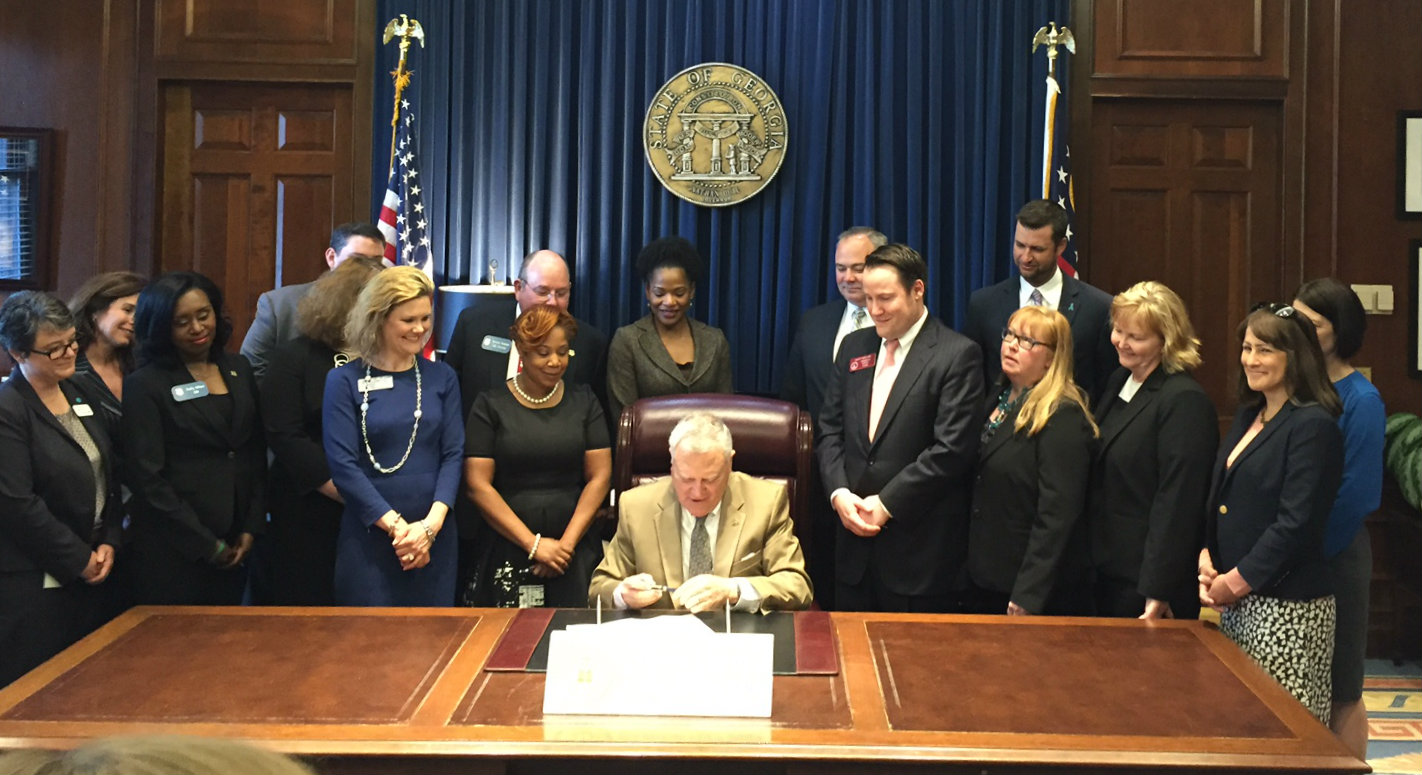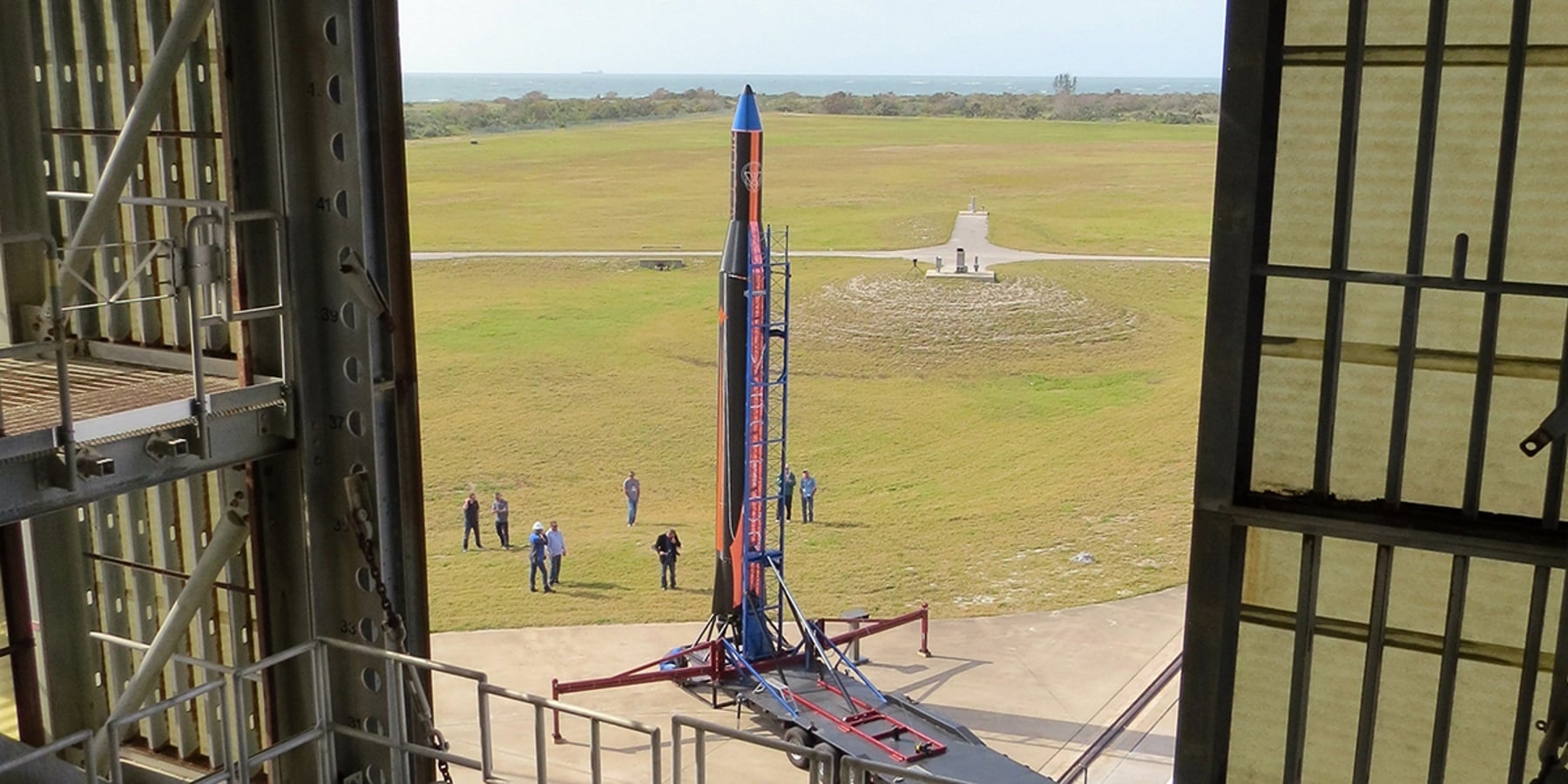1 In 10 Backlogged Ga. Rape Kits Yield DNA Matches, Now What?

The GBI is just beginning to process more than 3,500 untested rape kits in Georgia thanks to a new state law. Out of just a hundred kits processed so far, lab tests have already returned 10 DNA matches.
According to the GBI, of the DNA matches so far, the cases range from incidents in 2013 all the way back to 2000.
“When they start realizing, ‘Wow, why was this never tested to begin with?’ There’s going to be a lot of anger — rightly so,” said Susan Schuenemann who heads the Piedmont Rape Crisis Center.
Schuenemann says beyond the potential for major emotional disturbance for some survivors of sexual assault, prosecuting rape cases is already extremely difficult without a decade or more having gone by.
A match does not necessarily mean there’s a suspect.
“The CODIS database contains DNA samples that come from convicted felons as well as evidence that would come from crime scenes,” said Nelly Miles with the GBI.
“There’s a lot of work that has to take place once the match comes back,” said Robert Thornton with Georgia’s Criminal Justice Coordinating Council. “There’s going to be a review of the case file with law enforcement and the DA’s office to determine the status of that case. Where the victim is — where’s the offender?”
He said the CJCC is working with prosecutors and survivor advocates on what should happen next with these cases, but right now it’s not so clear.
“What we are doing right now is drafting the language, which would be the suggested protocol,” said Thornton.
He said it’s likely they’ll recommend a team including law enforcement, someone from a District Attorney’s office and a survivor advocate notify people face to face. The protocol may include a follow-up visit where resources are available locally.
“When someone shows up and wants to talk to them about an event that may have occurred 10 years before, they may not know everything they want to ask at that moment or be even ready to talk about it right then,” said Thornton.
The decision to let victims know there’s been a DNA match on their rape kit will be up to individual district attorneys and how they weigh the details of the case.
“We’re not in a position to mandate and require local jurisdictions to notify or make the notifications in any specific way,” said Thornton.
Thornton says in the past couple of years, his team has been more focused on reforming what happens in Georgia when sexual violence is reported in the first place. He says recommendations for notifying survivors about movement on their backlogged rape kits should be available soon, but did not provide a specific timeline.
9(MDAxODM0MDY4MDEyMTY4NDA3MzI3YjkzMw004))








